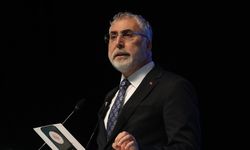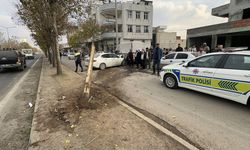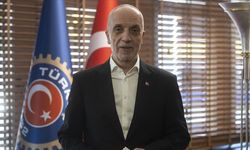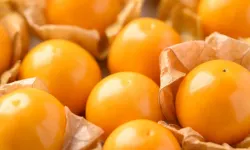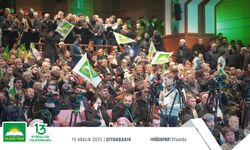In a global display of faith and unity, Muslims around the world are celebrating Eid al-Adha, also known as the Feast of the Sacrifice. The festivities, which commenced on Wednesday morning, will continue until the evening of Sunday, July 2, encompassing four days of profound significance for the Islamic community.
Eid al-Adha holds its roots in the story of Prophet Ibrahim, as narrated in the holy Quran. Prophet Ibrahim, in a vision, received a divine command from Allah, instructing him to sacrifice his beloved son, Ismail (Ishmael). Demonstrating unwavering faith and obedience, both Ibrahim and Ismail were prepared to carry out the sacrifice. However, at the crucial moment, Allah intervened, providing a ram as a substitute and sparing Ismail's life. This act of divine intervention became a testament to Ibrahim's devotion and a symbol of ultimate submission to Allah.
The festival serves as a profound reminder to Muslims of the virtues of sacrifice, obedience, and unwavering faith. It urges believers to reflect on the values of selflessness and surrender to the divine will, drawing inspiration from Ibrahim's unwavering commitment. Muslims are encouraged to contemplate their own dedication to Allah and the sacrifices they are willing to make for the greater good.
The celebrations of Eid al-Adha extend beyond prayer and reflection, encompassing various rituals and observances. Congregational prayers are conducted at mosques, where Muslims gather to express gratitude and seek blessings from Allah. These prayers are accompanied by sermons that emphasize the significance of sacrifice and inspire believers to lead virtuous lives.
A central tradition of Eid al-Adha is the act of animal sacrifice, known as Qurbani. Muslims who possess the means are encouraged to sacrifice permissible animals such as sheep, goats, cows, or camels, in remembrance of Ibrahim's act. The meat from the sacrificed animals is then divided into three parts: one for the family, one for relatives and friends, and one for the less fortunate and needy. This practice fosters a spirit of generosity, compassion, and sharing, particularly with those who are less privileged.
Eid al-Adha also serves as a time for fostering community bonds and togetherness. Families and friends come together to exchange greetings, share gifts, and partake in festive meals. The occasion strengthens social connections and promotes acts of charity. Muslims adorn themselves in traditional attire and visit each other's homes, extending warm wishes and blessings.
Eid al-Adha, the Festival of Sacrifice, holds immense significance within the Islamic faith, symbolizing devotion, obedience, and selflessness. The festival unifies Muslims globally, transcending cultural and geographical boundaries, as they unite in their shared faith, gratitude, and renewal. (ILKHA)

